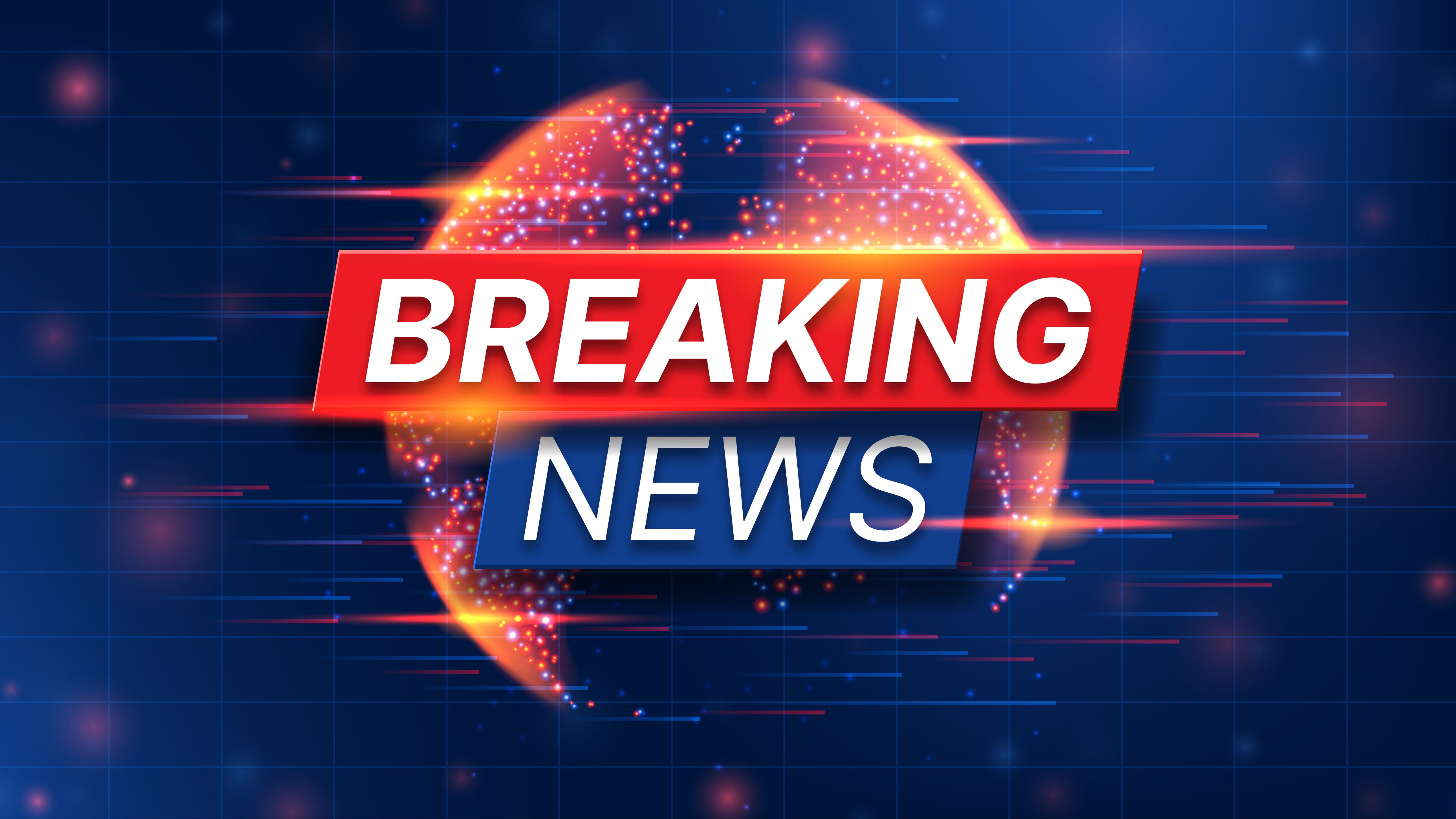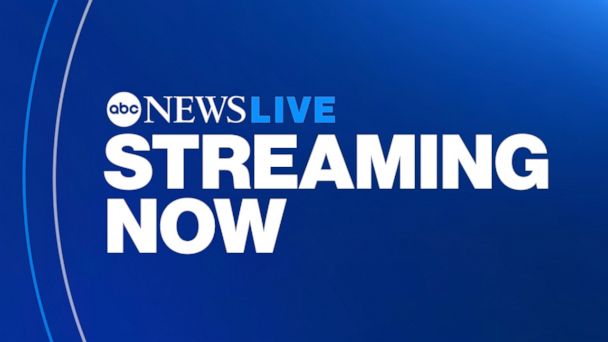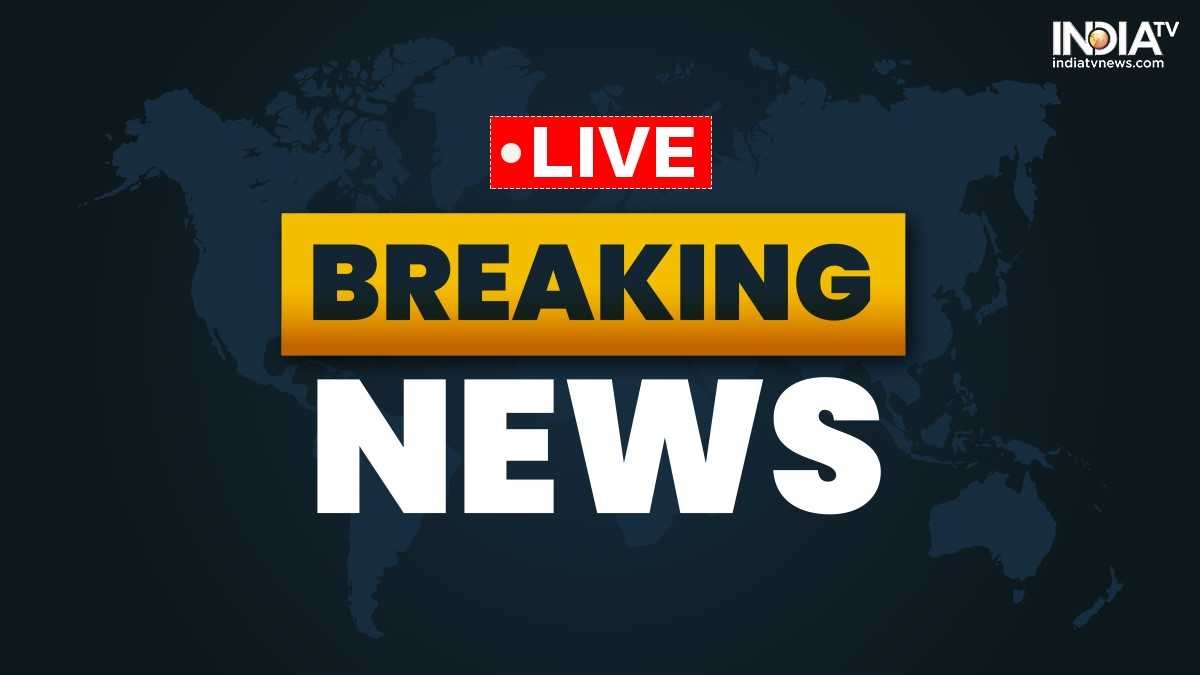Navigating Global News: Understanding RT TV In Today's Media Landscape
In an increasingly interconnected world, staying informed about global events is paramount, and the landscape of news sources is vast and varied, making it crucial to understand the nature of channels like RT TV. The sheer volume of information available can be overwhelming, and distinguishing between reliable, independent reporting and content with a specific agenda is a critical skill for every discerning consumer of news. As we delve into the complexities surrounding RT TV, it becomes clear that evaluating its role requires a deep understanding of its origins, funding, and editorial approach, especially when compared to established, independent journalistic institutions.
The digital age has democratized access to information but has simultaneously amplified the challenge of media literacy. With news breaking constantly and being disseminated across countless platforms, from traditional broadcasters like BBC and CNN to digital-first outlets and social media feeds, understanding the provenance and potential biases of each source is no longer just an academic exercise but a necessity for informed citizenship. This article aims to provide a comprehensive overview of RT TV, helping readers contextualize its offerings within the broader global news environment and empowering them to make more informed choices about their information consumption.
The Evolving Global News Ecosystem
The way we consume news has undergone a seismic shift over the past few decades. Gone are the days when a handful of major networks and newspapers dominated the information landscape. Today, the internet has opened the floodgates, bringing forth an unprecedented array of news sources, each vying for our attention. From the "latest headlines, breaking news, and videos at apnews.com, the definitive source for independent journalism from every corner of the globe" to "reuters.com, your online source for breaking international news coverage," and "bbc for trusted reporting on the latest world and US news," the options are seemingly endless. This proliferation, while offering diverse perspectives, also presents a significant challenge: how do we discern reliable information from content that may be biased, inaccurate, or even deliberately misleading?
The global news ecosystem is a complex web of privately owned corporations, public service broadcasters, state-funded entities, and independent journalistic collectives. Each operates under different mandates, funding structures, and editorial guidelines, which invariably shape the content they produce. Understanding these underlying mechanisms is crucial for any media consumer. For instance, while "npr news, audio, and podcasts" are known for their in-depth, public-interest coverage, a channel like CGTN "delivers a Chinese perspective on global news," explicitly stating its national viewpoint. This inherent diversity in approach means that not all news is created equal, and the onus is increasingly on the reader or viewer to critically evaluate what they consume, especially when it comes to understanding a channel like RT TV.
What is RT TV? A Closer Look at its Origins and Mission
RT, originally known as Russia Today, is a global television network funded by the Russian government. Launched in 2005, its stated mission was to "present a Russian viewpoint on global events" and to "break the Anglo-Saxon monopoly on the global information flow." This mission immediately sets it apart from many Western news organizations that typically emphasize editorial independence from government influence. Unlike sources that strive to be "the definitive source for independent journalism" like the Associated Press, RT's very foundation is rooted in presenting a specific national perspective.
The network operates multiple channels, including RT International, RT America (which ceased operations in 2022), RT UK, RT Arabic, RT Spanish, and RT French, broadcasting in numerous languages across various continents. Its programming includes traditional news bulletins, current affairs shows, documentaries, and talk shows. While it covers a wide range of topics, from "politics, business, culture and sports to nature, travel and technology," its coverage often focuses on geopolitical events, international relations, and critiques of Western foreign policy. The existence of a channel like RT TV highlights the growing trend of nations establishing their own international media outlets to project their soft power and shape global narratives.
RT TV's Global Reach and Programming
RT TV has invested significantly in expanding its global footprint. Before various bans and restrictions, its channels were widely available through satellite, cable, and digital platforms in numerous countries. Its digital presence, including its website and social media channels, remains substantial, allowing it to reach audiences directly. The network produces content designed to appeal to a broad international audience, often featuring high production values and engaging formats. Its programming often highlights issues suchms as economic inequality, human rights concerns in Western nations, and alternative viewpoints on major international conflicts.
The content strategy of RT TV often involves interviewing guests who are critical of mainstream Western narratives or who offer perspectives not commonly found on channels like "cnn.com" or "nbcnews.com." This approach is consistent with its stated goal of providing an "alternative voice." While it presents itself as offering a different side of the story, this also necessitates a critical evaluation by viewers, as the "alternative" perspective can sometimes lean into promoting specific state interests or narratives that diverge significantly from independently verified facts.
Comparing RT TV's Approach to Traditional News Outlets
When we compare RT TV to established, independent news organizations, fundamental differences in approach become apparent. Sources like "apnews.com" and "reuters.com" pride themselves on being definitive, objective sources of raw news, providing factual reporting without overt editorializing, serving as foundational feeds for countless other news outlets worldwide. Their independence is a cornerstone of their credibility, enabling them to report on sensitive issues without government pressure.
In contrast, RT TV, being state-funded, operates under a different paradigm. While it employs professional journalists and produces news content, its editorial line is often perceived to align with the foreign policy objectives of the Russian government. This contrasts sharply with the "trusted reporting" ethos of the BBC, which, despite being publicly funded, maintains a strong tradition of editorial independence. Similarly, "the journalists of the new york times from more than 150 countries around the world" are known for their investigative journalism and commitment to holding power accountable, regardless of national affiliation. The distinction lies not just in what is reported, but in the underlying motivations and the degree of separation from governmental influence, a crucial factor for anyone seeking unbiased information.
The Debate Around Credibility: Scrutinizing RT TV
The credibility of RT TV has been a subject of intense debate and scrutiny, particularly in recent years. Critics, including governments, media watchdogs, and academic researchers, have frequently accused RT of being a propaganda arm of the Russian state, disseminating disinformation and promoting narratives that serve the Kremlin's interests. These accusations intensified significantly following events such as the annexation of Crimea, alleged interference in Western elections, and particularly after the full-scale invasion of Ukraine in 2022, which led to many countries banning RT's broadcasts.
For example, regulatory bodies in several Western nations have taken action against RT, citing violations of broadcasting impartiality rules or direct involvement in state-sponsored disinformation campaigns. These actions underscore the perceived risk that state-funded media, especially those from authoritarian regimes, can pose to democratic discourse and public understanding. While RT maintains it offers a legitimate "alternative voice" and challenges the "mainstream" narrative, its critics argue that this "alternative" often blurs the lines between news reporting and state-sponsored advocacy, making it difficult for audiences to discern factual information from biased interpretations or outright falsehoods. This makes critical evaluation of any news from RT TV paramount.
The Role of Funding in News Integrity
The funding model of a news organization is a critical determinant of its integrity and editorial independence. Independent news outlets, whether subscription-based like The New York Times, advertising-supported like many commercial networks (e.g., ABC News, CNN), or non-profit like NPR, strive to maintain a firewall between their funding sources and their journalistic output. This separation is essential for them to pursue stories rigorously, even if they are critical of powerful entities or governments.
Conversely, state-funded media, such as RT TV or CGTN, face inherent challenges to their perceived independence. While some state-funded public broadcasters (like the BBC in the UK or NPR in the US) have strong traditions of editorial independence, channels directly controlled and funded by a government, especially one with a specific geopolitical agenda, are often viewed with skepticism. The concern is that the editorial line will inevitably reflect the interests of the funding government, potentially leading to selective reporting, omission of inconvenient facts, or the promotion of specific narratives. This is a key reason why sources like "the associated press, the definitive source for independent journalism from every corner of the globe," are so highly valued for their neutrality and objectivity.
Navigating the Information Age: Why Source Verification Matters
In an era where information travels at the speed of light, and channels like RT TV exist alongside thousands of others, the ability to verify sources and cross-reference information has become an indispensable skill. Relying on a single source, especially one with a known national or political agenda, can lead to a skewed understanding of events. Instead, a responsible news consumer should actively seek out multiple perspectives from diverse and reputable sources.
Consider the example from the data: "President donald trump said that israel and iran had agreed to a “complete and total ceasefire” soon after iran launched a limited missile attack monday on a u.s." A single headline like this, if taken in isolation from a less reliable source, might be misleading. To fully understand such a complex geopolitical event, one would need to consult "breaking news and information on the top stories" from sources like "cnn.com," "nbcnews.com," and "reuters.com," which provide "coverage of breaking stories, national and world news, politics, business, science, technology, and extended coverage of major national and" international events. The goal is not just to "get the news as it breaks" but also to "go behind the day's top stories" to understand the nuances and verify the claims made.
The Importance of Diverse Perspectives
While critical evaluation is crucial, it's also important to acknowledge the existence of diverse perspectives in global news. A channel like RT TV explicitly states its aim to offer an alternative viewpoint. However, there's a crucial distinction between a genuinely different perspective that adds nuance to a story and a perspective that distorts facts or promotes propaganda. For example, while "cgtn delivers a chinese perspective on global news," it's understood that this perspective is shaped by Chinese state interests. Similarly, a local paper like the "tallahassee (florida) democrat newspaper" provides "breaking news, sports, business, entertainment, state capitol and florida state university coverage" with a local lens, which is valuable for local understanding but not global events.
The value of diversity in news lies in its ability to present different angles and interpretations of events, encouraging deeper thought. However, this diversity must be grounded in verifiable facts. The challenge for consumers is to differentiate between a legitimate alternative viewpoint and a narrative designed to manipulate or mislead. This is where the principles of E-E-A-T (Expertise, Authoritativeness, Trustworthiness) become paramount for any news source, including an analysis of RT TV. Always ask: Is this source an expert on the topic? Is it authoritative? Can I trust the information it provides?
Media Literacy in the Digital Age: A Personal Responsibility
In today's complex information environment, media literacy is no longer a niche skill but a fundamental requirement for every citizen. It involves the ability to access, analyze, evaluate, and create media in a variety of forms. When encountering news from any source, including RT TV, ask critical questions: Who created this message? What techniques are used to attract my attention? What values, lifestyles, and points of view are represented or omitted? Why is this message being sent?
Practical steps for enhancing media literacy include:
- Check the Source: Is it a reputable, independent news organization like AP News or Reuters, known for its factual reporting? Or is it a state-funded channel with a specific national agenda?
- Look for Bias: Every news outlet has some degree of bias, whether intentional or unintentional. Understanding a source's funding, ownership, and stated mission can help identify potential biases.
- Cross-Reference: Verify major claims or controversial information by checking multiple, diverse sources. If a story appears only on one outlet, especially one with a strong agenda, proceed with caution. "Browse the latest news headlines from various categories and find out what's happening around the world with google news," but then click through to trusted sources.
- Fact-Check: Utilize independent fact-checking organizations to verify specific claims or statistics.
- Understand Funding Models: As discussed, knowing how a news organization is funded (e.g., state-funded like RT TV vs. subscriber-funded like The New York Times) provides crucial context for its content.
- Be Aware of Emotional Appeals: Propaganda often relies on evoking strong emotions rather than presenting logical arguments or verifiable facts.
The Future of Global News and RT TV's Place in It
The future of global news is likely to be characterized by continued fragmentation and diversification. Traditional media outlets face ongoing challenges from digital disruption and the erosion of trust, while new forms of journalism emerge. State-funded channels like RT TV will likely continue to operate, adapting their strategies to reach audiences in an increasingly regulated and scrutinized environment. Their persistence underscores the geopolitical importance of information warfare and narrative control in the 21st century.
However, the ultimate power lies with the consumer. As media literacy improves globally, and as more tools become available to verify information and detect manipulation, the effectiveness of channels that prioritize agenda over accuracy may diminish. The emphasis will increasingly be on transparency, accountability, and a demonstrated commitment to factual reporting. The ability of channels like "wtwc nbc 40 [to provide] news, sports, entertainment and public interest programs" locally, or "yahoo news" for aggregated headlines, highlights the vast spectrum of news consumption. The discerning reader will always seek out the most reliable and independent sources, understanding that their choices directly impact their understanding of the world.
Conclusion: Informed Choices in a Complex Media World
In summary, navigating the complexities of global news, particularly when encountering channels like RT TV, requires a conscious and critical approach. While RT TV presents itself as an alternative voice, its state funding and documented history of controversial reporting necessitate a higher degree of scrutiny from its audience. It serves as a prime example of how geopolitical interests can shape media narratives, making it imperative for consumers to understand the source of their information.
Ultimately, the responsibility for informed citizenship rests with each individual. By understanding the varying funding models, editorial policies, and potential biases of different news outlets—from "the definitive source for independent journalism" like AP News to state-backed channels—readers and viewers can build a more accurate and comprehensive picture of the world. Embrace media literacy, cross-reference your sources, and always prioritize verified facts over sensational claims. Your engagement with news shapes your understanding, and by making informed choices, you contribute to a more discerning and resilient public discourse. What are your thoughts on the role of state-funded media in the global information landscape? Share your perspectives in the comments below, or explore our other articles on media literacy and critical thinking to further sharpen your analytical skills.

This Week’s Infectious Disease Breaking News

ABC News Live - 24/7 live news stream | Watch Live News on ABCNL

Breaking News, December 4 | India News – India TV